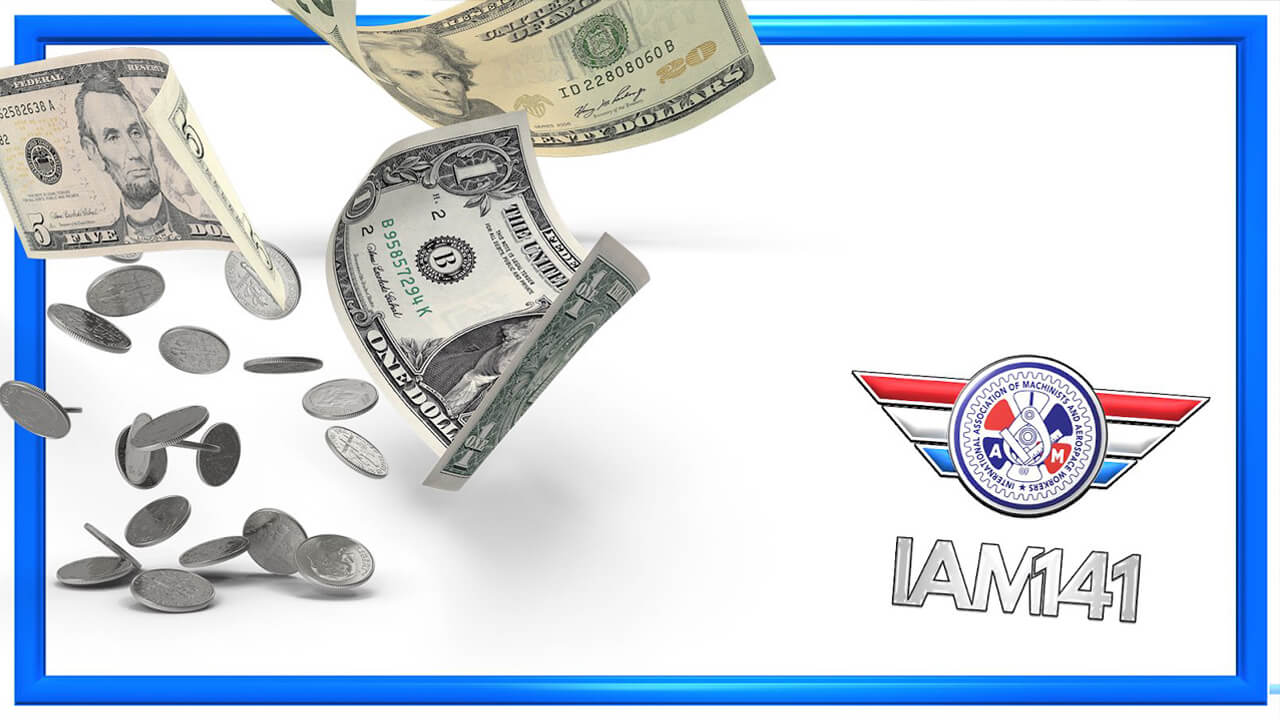
by Eric Price | Sep 12, 2019 | Airlines, American, Departments, Featured, Hawaiian, Home, Organizing, Philippine, Spirit, United
Wait, what? High wages are great, but there’s a lot more that goes into a union paycheck. If you’re a member of the largest airline union in the world (the IAMAW), you are better compensated than anyone else who does the same work as you. That fact remains true...
by Eric Price | Sep 12, 2019 | Airlines, American, Departments, Featured, Hawaiian, Home, Philippine, Safety, Spirit, United, Video
The 2019 IAM Joint Air Transport Safety Committee Conference was held at the William Winpisinger Education Center in Hollywood, Maryland. IAM safety advocates from District 140, District 141 and District 142 were joined by management safety officials from companies...


